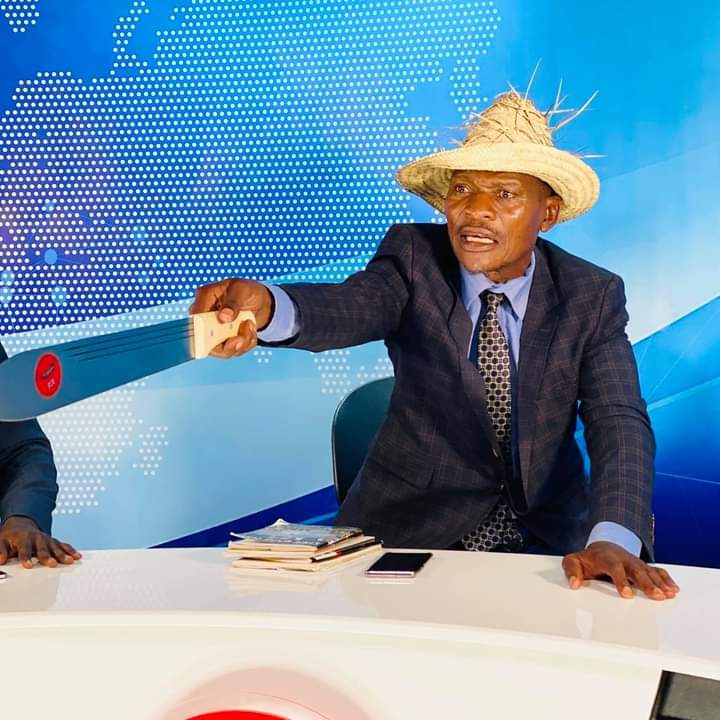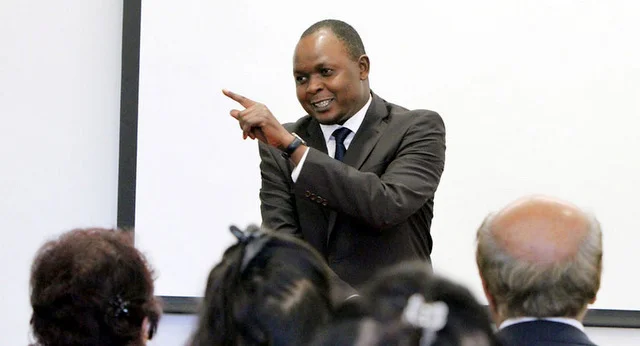In a controversial statement, the former Senior Presidential Press Secretary Joseph Tamale Mirundi has expressed his preference for the company of homosexuals over what he perceives as greedy religious leaders.
His emphatic statement aimed to highlight prominent religious figures, including Muslim leader Sheikh Shaban Mubajje and Church of Uganda leader Archbishop Stephen Kaziimba, Mirundi accused the duo of prioritizing material wealth over the fundamental principles they should advocate for.
Mirundi’s assertion reveals a deep-seated scepticism towards religious leaders whose actions, according to him, seemingly contradict the moral and ethical foundations they preach. He noted that as public figures traditionally held to high standards of virtue, the controversy surrounding these religious leaders now takes centre stage, challenging the public’s perception of the interplay between faith, wealth, and moral authority.
“If Mubajje had sold off this mosque, he would be dead but is playing ping pong to steal money from President Museveni. No one can sell a community infrastructure however this is so bad. Why would they (Mubajje and Kaziimba) now come out and fight against Homosexuals yet they are more dangerous than homosexuals? I prefer a homosexual to a religious leader who can sell a place of worship!” he said on one of his You Tube channels.
Mirundi strongly emphasized that in his view, a religious leader who sells a place of worship commits a graver act than individuals identified as homosexuals within the community. He underscored the severity of this action, highlighting it as a betrayal of sacred trust and a more significant transgression than what is perceived as a controversial issue within society.
“Homosexuals have their churches in Europe have they ever sold any? This is a planned move, Mubajje and Kaziimba want to dupe President Museveni that all the financial problems they are incurring are a result of their opposing homosexuality in Uganda. But I want to tell you a religious leader who can sell a place of worship is more dangerous than a homosexual,” he said.
As Mirundi provocatively positions association with homosexuals as a preferable alternative to what he perceives as the avarice of certain religious figures, this unexpected juxtaposition sheds light on the complexities of public opinion, pushing boundaries in a conservative society where discussions around both religion and LGBTQ+ issues often provoke impassioned responses.
However, Mirundi’s statement serves as a catalyst, propelling conversations beyond mere criticism of individual actions to a critical examination of the evolving role and influence of religious leaders in contemporary Ugandan society.
The public discourse has shifted to contemplate the repercussions of this perceived decline in the moral standing of religious figures, as it impacts not only faith-based communities but also societal values and perceptions at large.
It has prompted introspection into the changing dynamics of trust, accountability, and the expectations placed on those entrusted with guiding moral and spiritual foundations within the community.
Do you have a story in your community or an opinion to share with us: Email us at Submit an Article









